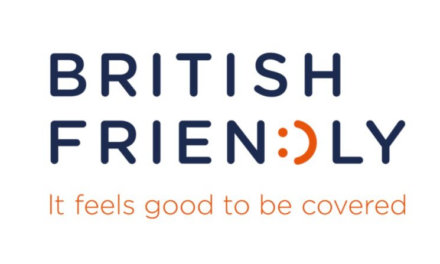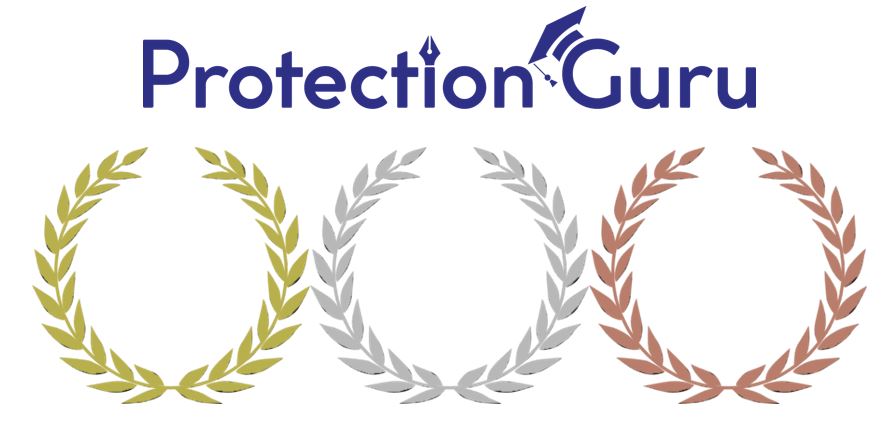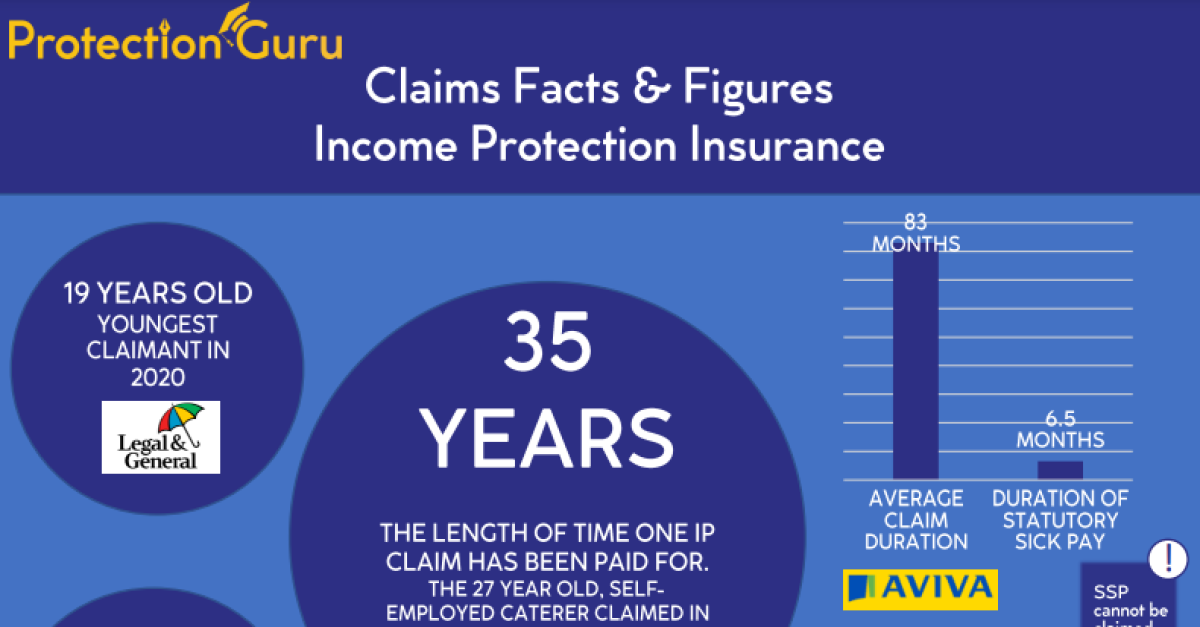
Streamlining the Pre-Underwriting Process: October Protection Forum Part 4

This is the final post in our series recounting the conversations from our October Protection Forum, focusing on the discussion around making underwriting a better process for clients and getting the best outcomes possible.
We now have an underwriter that collates all evidence for us, we have our own contract for medical screening so we own the medical and the GPR which takes a lot of the pain out of the process for us.
If the case is more complex where we know there will be additional underwriting, we own all of it.

Lee Thomas:
All it is, I think, we do a lot of business protection. So we probably have, I guess on average, probably about 70 percent of our policies would refer just because of nonmedical underwriting limits. And so we had a lot of experience of, you do the pre underwriting based on what you know, and then you send them off for a full medical and when you get the full GPR and three months later, you get terms which are 100 percent right, and 75 percent right, or a decline. And because you don’t own that evidence, you have to go through it again and you can switch the medical but you know, you can’t switch the GPR. And we had cases that would sometimes take eight or nine months to get on risk.
So more recently, we’ve now adopted approach, where we have an underwriter that collates all the evidence for us. We have our own contract with medical screening solutions, so we own the medical, we own the GPR. We then package that up. We go to all the insurers. We get the best terms first time and it just saves all of that horrendous back and forth that sometimes we were having to go to two or three different insurers, and it taking months and months and months and months. It takes a lot of the pain out of it for us.
So that’s what we do, and the insurers reimburse us all the costs for the medical screening and the GPR once we put it on risk and sometimes with an uplift, so it doesn’t really, apart from what we’re paying, the underwriter, doesn’t really cost us anything, but it does mean that large cases, we get best terms first time.
Pre-underwriting is fine if nothing else comes out of it other than their original disclosures. But once you get a GPR in, they forgot to mention something and then they go for a medical and all sorts of horrible things are found. All of a sudden, what was the best insurer is no longer. They may be right down the list and you have to start all over again and you can’t just get, the insurers won’t share the GDPR. They will share the medical, but they won’t share the GPR. So that can take months. So we just had enough of that. So, yeah, big cases, which we think might be complex where we know there’s going to be a lot of additional underwriting, we own it.
We always let clients know that we will adjust the cover to suit what they can afford over time.
We let clients know that their insurance can be adjusted as their circumstances change.

There are so many postponements at the moment, it’s all about managing client expectations.

The GPR report system is very old fashioned, we should have something like open-banking where the information can be shared without needing to go through the GP.

Sometimes you just need to give the underwriters some context for the information and ask the questions you need to in order to get the best outcome.
Even with GP information that needs to be revised it’s worth checking.

We’ve had a lady who again was rated 75 percent. But that’s because the last time the GP did her weight, she had just had a baby weeks before. So the weight that they actually had on there was quite a high BMI where actually she was down to like a 31 instead of 41, so it made a massive difference. So we just forced out for a medical to be done on that client, and the rating was reduced. So many examples.
I’ve had so many cases overturned just by following up with the insurer and arguing the case.

Adam Kaplan:
I think we could probably sit here and share stories for hours about contesting decisions. A lot of it to me and Emma is obviously very different to a lot of advisers out there, certainly who do mortgages.
So this is more sort of sharing with them kind of what we do well. But again, I’ve had so many cases over the years overturned. I had two in particular in a row with one insurer. I won’t mention who they are, and these were the exact words they used. They put a precautionary rating on after you had a medical for limits because he had what we know as ‘white coat syndrome’. So there was no history of high blood pressure, got rated 50 percent, by then, had to place it elsewhere and same thing happened. He was more nervous this time because of what happened the first time, but because we were able to evidence there was no history of high blood pressure, it was purely that there was no other medical issues, they offered him standard rates.
And I had two cases, literally in the same month where that same particular insurer put a precautionary rating on for high blood pressure. But if it wasn’t for the fact that we challenged it, yes, it was a pain in the bum to have to go and redo the applications and do all the suits. It was a nightmare, but the point is we did the best thing for the client and we got those ratings overturned and we got them both standard rates, which they should have had with the other insurer in the first place, if that makes sense.
So there is a lot to be said for challenging underwriting decisions. I’ve got one at the moment I challenged yesterday where the reasons why letter said we’ve postponed your application for two years due to your recent diagnosis of Polycythemia vera. Yet his medical records show that he hasn’t been diagnosed with it. So it’s a massive misinterpretation from the insurer or the underwriter that he’s been diagnosed with something when he hasn’t.


















